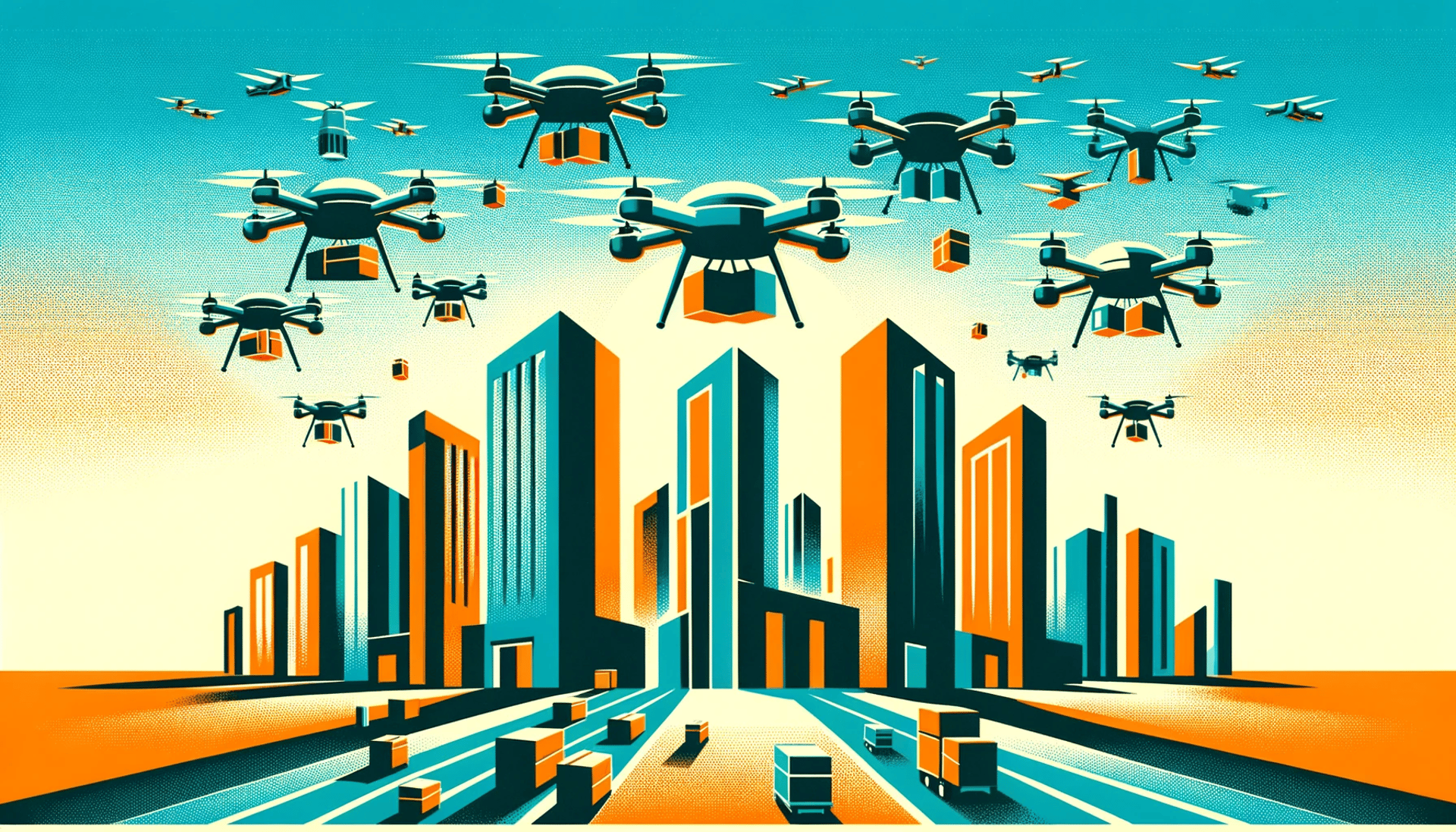The Future Economy: Universal Basic Income in an AI and Robot-Driven World
In this article, we examine the impacts of artificial intelligence (AI) and robotics on the future economy, leading to the need for a universal basic income (UBI) to purchase goods and services produced by AI. We predict a societal division into three groups: AI and robot manufacturers, AI and robot entrepreneurs, and AI and robot service users, who are all eligible for UBI. Income disparities will emerge due to varying earnings, as well as different preferences in spending versus saving. The role of personal AI robots and the continued importance of money and UBI, particularly due to finite resources like housing, are also discussed. This highlights the importance of UBI in ensuring a balanced society and the equitable distribution of technological benefits among people.
Economics
10/31/20233 min read

In a world rapidly evolving through technological advancements, the idea of universal basic income (UBI) is gaining importance, particularly as we move towards a future shaped by artificial intelligence (AI) and robotics. This article discusses how UBI might impact such a future, focusing on the production and consumption of goods and services, and how income is distributed among people.
Imagine a world where AI and robots have taken over every job role, outperforming humans in efficiency and productivity. In this scenario, the need for human labor would be non-existent. A critical question arises: what happens to people's income in a society where companies owning AI and robots need to sell their products to humans? Distributing UBI is a solution, allowing people to buy these products without the need for traditional employment.
In this emerging economic framework, it's possible that society could be divided into three main categories based on their interaction with AI and robots: (1) AI and robot manufacturers who create these technologies, (2) AI and robot entrepreneurs who buy these technologies to run businesses, and (3) customers who use AI and robot services for their personal needs. Everyone, regardless of their category, would receive a basic income. Nevertheless, income differences would occur due to the additional earnings of AI manufacturers and entrepreneurs, and also because of varied individual propensities to save and spend.
The conventional role of the employee would disappear, leading to a new economy dominated by those who produce and buy AI and robots to offer distinct products and services. Those involved in AI and robot businesses could see considerable profits. However, not everyone has the capability or interest in engaging in business with AI or robots, which emphasizes the need for UBI.
There are various possible futures. In a very extreme case, AI and robots could self-manufacture and conduct business more efficiently than humans. This would lead to a situation in which all humans are merely customers of AI, relying solely on universal basic income (UBI). In less extreme situations, there would still be opportunities for humans to earn income beyond UBI, particularly in jobs that require personal interaction, if there is demand for such services. Another possibility is a future without the need for AI entrepreneurs. As AI and robotics become more user-friendly, cost-effective, and widely available, it might be possible for everyone to have personal AI robots. These robots could perform various tasks, like creating and streaming movies on demand or handling household chores and shopping, with other coordinated robots producing and delivering goods.
A key question in this context is: who would be responsible for the distribution and amount of UBI? While the state is a potential distributor, the private sector could also play a significant role in distributing UBI in its own non-state money based on a cryptocurrency. An example of this is the Worldcoin project, supported by Sam Altman of OpenAI, which aims to distribute a global basic income in a cryptocurrency. The amount of UBI must be derived from the economy's production capacity to maintain inflation and currency stability.
Nevertheless, the necessity for money and universal basic income (UBI) will remain as long as there are limits to production capacity. If these limits did not exist, there would be no need for money and UBI, because AI-powered robots could fulfill all orders efficiently and within the required time frame. As long as production capacity is limited, however, money and UBI are essential to determine who can purchase the limited goods available, to establish market equilibrium.
Until we gain the ability to colonize other planets, housing will continue to be a scarce resource. Desirable residences in large cities and beautiful areas will be occupied by those who can pay the most for them. As a result, we anticipate that money will keep its vital role in our society. This, in turn, supports the ongoing necessity for a universal basic income.
As we enter an AI-driven future, the introduction of universal basic income (UBI) may become more than an economic requirement. It could be a crucial factor in preserving societal equilibrium and guaranteeing that the advantages of technological progress are distributed more fairly and equitably among all humans.
Contact us
If you have a question, suggestion, comment, or are interested in collaborating, please use the form below to connect with us.



